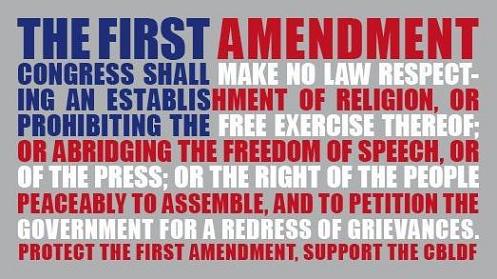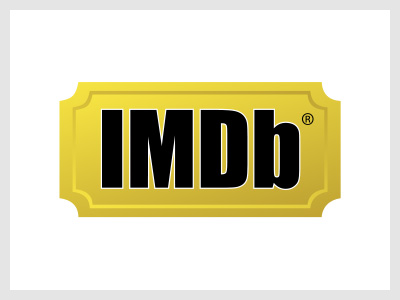 Really, who’d a thunk it? On April 1st I went live with a gag about Joe Lieberman proposing to ban anonymous speech on the Internet. I used a new blog: McIntyre v. Ohio to run it anonymously. Lots of fun was had, and I did a deconstruction of the hoax the day after, but no journalists were actually taken in.
Really, who’d a thunk it? On April 1st I went live with a gag about Joe Lieberman proposing to ban anonymous speech on the Internet. I used a new blog: McIntyre v. Ohio to run it anonymously. Lots of fun was had, and I did a deconstruction of the hoax the day after, but no journalists were actually taken in.
But were real life politicians actually suckered into it? Or did they come up with this idea on his own?
Two bills now pending in the New York State Senate and Assembly propose to ban anonymous speech. Yes, this would be in flagrant disregard of prior constitutional case law on the First Amendment. And that primary case is McIntyre v. Ohio for which my “other blog” is named.
The legislation — conjured due to concerns over cyber-bullying — would require anyone with a website:
“upon request remove any comments posted on his or her web site by an anonymous poster unless such anonymous poster agrees to attach his or her name to the post and confirms that his or her IP address, legal name, and home address are accurate.” By “web site,” the bill means just what it seems to: Any New York-based website, including “social networks, blogs forums, message boards or any other discussion site where people can hold conversations in the form of posted messages.”
The bills will go nowhere, of course, because the First Amendment allows anonymous speech. For a good read on the long and deep history of such speech in the United States, read the concurring opinion of Justice Clarence Thomas in McIntyre.
For more on the subject:
New York to Publius: You’re Done Bully Boy (Simple Justice)
The New York Bill that Would Ban Anonymous Online Speech (Time)
Laughable Online Censorship Attempt Won’t Last a New York Minute (Huffington Post)
As for those that were in on my April Fool’s gag, they deserve once again their due credit for assisting:
Joe Lieberman v. the Internet: It’s not over. (Adam B. @ Daily Kos)
End of Section 230 Protection for Bloggers? (Patterico @ Patterico’s Pontifications)
Thanks To Senator Lieberman, You Guys Are Going To Get Me Sued (Ken @ Popehat)
Dear Commenters: We Can’t Protect You Anymore (Mystal @ Above the Law)
Anti-terrorism law threatens First amendment? (Frank @ Point of Law)
Section 230 Amendment strips websites of immunity from anonymous commenters(Randazza @ Legal Satyricon)
A Free Speech Disaster — The End of Anonymous Commenting? (Cuban @ The Cuban Revolution)
Lieberman to Internet: You’re Fungus (Greenfield @ Simple Justice)
Anonymous Commenting Legislation By Joe Lieberman? (Tannebaum @ My Law License)
Blind-Squirrel Lieberman Finds Acorn (Bennett @ Defending People)
A One-Two-Punch Against Free Speech (Draughn @ Windy Pundit)
The Community You Create (Zubon @ Kill Ten Rats)
First Amendment Malpractice (Barovick at NY Medical Malpractice Law)
Will Free Speech in America Meet Its Match In Lieberman? (Wise @ Wise Law Blog)


